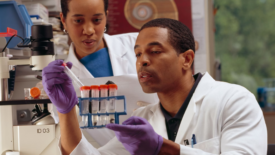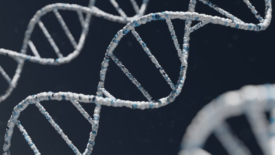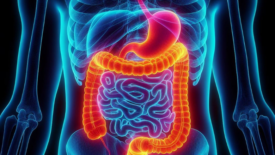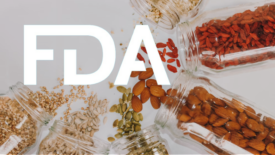Testing & Analysis
Can the Outbreak Investigation System be Improved?
The process that separates hazards from risks is ensuring that the most important things always get done, and done well
June 24, 2024
Never miss the latest news and trends driving the food safety industry
eNewsletter | Website | eMagazine
JOIN TODAY!Copyright ©2024. All Rights Reserved BNP Media.
Design, CMS, Hosting & Web Development :: ePublishing
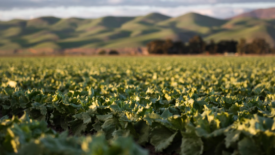
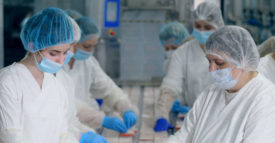
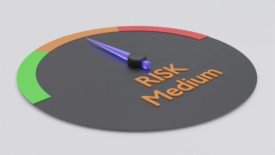
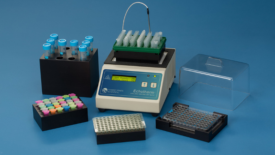
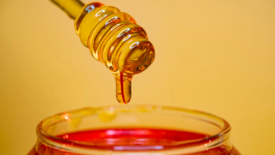
834c.png)
